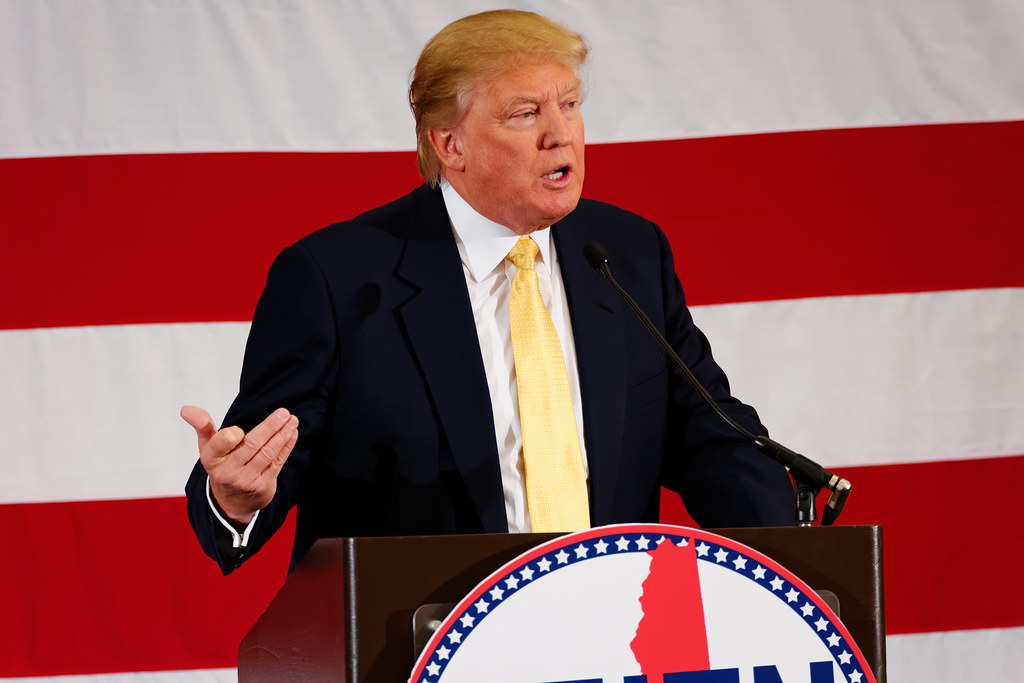As the world stands at a pivotal juncture in the battle against climate change, the outcome of the upcoming US presidential election looms large, with the potential to significantly alter the trajectory of global climate efforts. Patricia Espinosa, a former UN climate chief, has sounded the alarm, stating that a victory for Donald Trump could jeopardize the already slim chances of limiting global heating to 1.5C above pre-industrial levels.
The United States, as the world’s second-largest emitter of greenhouse gases and the leading oil and gas exporter, plays a critical role in the international climate landscape. Espinosa’s concerns are rooted in Trump’s historical antipathy towards climate action, which could manifest in the rollback of Joe Biden’s groundbreaking climate legislation, a withdrawal from the Paris agreement, and a renewed push for fossil fuel extraction.
Espinosa’s tenure as the UN’s top climate official from 2016 to 2022 gave her a front-row seat to the ebbs and flows of climate policy. She witnessed firsthand the resilience of the Paris agreement when Trump previously announced the US’s withdrawal, and other countries responded not with retreat but with renewed commitment. This resilience offers a glimmer of hope that global climate action can persist even in the face of potential US policy regression.
However, the stakes are undeniably high. Carbon Brief’s analysis reveals that a second Trump term could lead to an additional 4 billion tonnes of US emissions by 2030 compared to Biden’s plans, with global climate damages exceeding $900 billion. This staggering figure is equivalent to the combined annual emissions of the EU and Japan, or the total annual emissions of the world’s 140 lowest-emitting countries.

The analysis underscores the profound ‘Trump effect’ on US emissions, which could see the country fall short of its Paris Agreement target by a wide margin, with emissions only expected to fall to 28% below 2005 levels by 2030, as opposed to the 50-52% reduction target. The potential rollback of Biden’s climate policies, including the Inflation Reduction Act, poses a dire threat to both US and global climate ambitions.
Espinosa’s call to action extends beyond national governments. She urges the private sector to recognize the lucrative opportunities within a low-carbon economy and to innovate in ways that protect nature. The transition to sustainable agriculture and food systems, as well as the preservation of natural ecosystems, are essential to achieving the 1.5C economy.
With the world getting prepared for a series of critical elections in 2024, and climate action being expected to be a controversial issue, Espinosa warns of well-organized campaigns aiming to play down the urgency of climate action. The US election, therefore, is not just a national event but a global moment of truth that could either bolster or undermine the collective effort to secure a livable future for all.
The upcoming US presidential election represents a critical crossroads for climate action. The choice made by American voters will resonate far beyond their borders, influencing the global response to one of the most pressing challenges of our time. As the world watches and waits, the hope is that leadership and commitment to the climate cause will prevail, steering us towards a more sustainable and equitable future.





